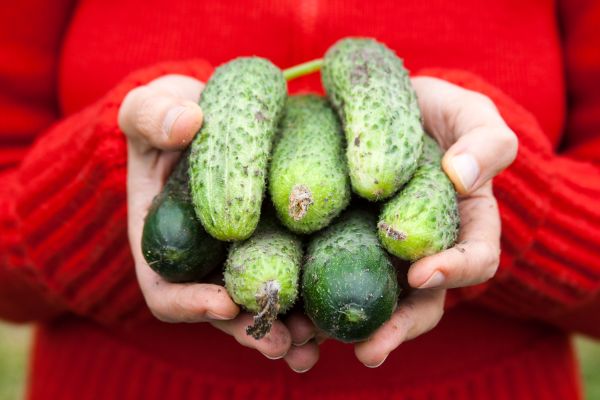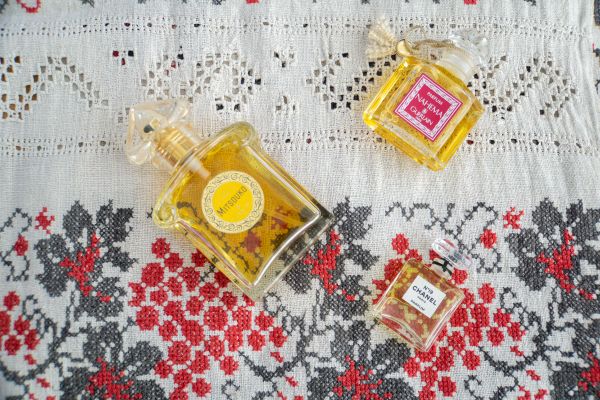Scents of Belonging: Perfume and the Geography of Memory

Can scent could be tied to national identity? I received this question during a recent interview and the question stayed with me long after the conversation ended. It made me think about how we define ourselves, not only through language or landscape, but through something as invisible and visceral as smell.

My own story is layered. I was born into a family marked by complexity: Ukrainian, yes, but woven with many diasporic threads, braided through decades of dislocation, migration, and return. I didn’t fully grasp just how intricate this tapestry was until I began researching my family history for The Rooster House. Even after the book was already on shelves, I uncovered new archives and met relatives I hadn’t known existed. That’s how I learned that my mother’s side of the family had Roma and Jewish roots, and that my father’s lineage traced back to Tatarstan.
Since moving from Ukraine to the United States at the age of fifteen, I’ve lived in many places. Brussels has been my home for more than a decade. And yet, the place I return to is always Ukraine. That’s where the smells of my childhood reside. And that’s where scent has always felt like a language I understood instinctively.
In my great-grandparents’ home in Poltava, it was the sweetness of lilacs and tea roses. My great-grandfather smoked pears and plums over the cherry wood smoke, and I remember this opulent aroma trailing him on hot summer days. The garden was a scent kaleidoscope of warm tomato vines, earth-caked cucumbers, dill fronds and black currant leaves. My great-grandmother often used a carnation-scented cream, but for special occasions, she kept a small bottle of Climat by Lancôme. Imported, coveted, and carefully rationed. Its powdery coolness signaled elegance, femininity, a trace of the outside world brought into our small orbit.

Perfumes like Dior Diorissimo, Lancôme Magie Noire, and Guy Laroche Fidji were tokens of aspiration during the late Soviet and early post-Soviet years. They weren’t Ukrainian by origin, but they became part of our lives, worn by mothers, aunts, and teachers. To this day, a whiff of those perfumes can unearth whole decades of memory.
Scent, I’ve come to believe, is a cultural document. A coded language of place and time. And even if identities are complex, layered, or fractured, scent can anchor us. It can be the throughline that connects childhood kitchens, city streets, foreign perfumes, and native flowers into a coherent sense of self.
These early experiences also made me realize that scent is never just a backdrop; it’s a central character in the story of how we remember and where we belong. While language can be learned and forgotten, and places can be left behind, scent lingers in memories like a trace of home. It bypasses logic and speaks directly to the emotional self.

What’s fascinating is how specific these olfactory memories often are, not only to individuals, but to cultures. In Japan, the smell of tatami mats warmed by the sun evokes a deep cultural continuity. In Morocco, the aroma of orange blossom water sprinkled over guests is more than a sensory pleasure. It becomes an act of welcome and tradition. In Ukraine, the scents of linden, fermented apples, black soil, or even the metallic note of the Kyiv metro are not just smells. They are anchors of identity.
Even perfumery itself has historically carried national signatures. French perfumery, with its emphasis on refinement and abstraction, reflects one cultural model of beauty. Italian perfumery, on the other hand, plays on voluptuousness and bold sensuality. Soviet-era perfumes, by contrast, were often expressive and dramatic, as they were designed to suggest both luxury and ideology. Today, as independent Ukrainian perfumers emerge, they are not only creating new scents, but reclaiming olfactory memory as part of a larger cultural revival.
For someone like me, whose identity has been shaped by migration, loss, and hybridity, scent becomes a way of reconciling the fragments. It is both personal and political. It tells a story of continuity where there might otherwise be rupture.
And perhaps that’s what makes scent so powerful: it offers a way to belong without explanation. To remember without words. To feel at home, even in transit.

What smells evoke your sense of home or belonging? Are there perfumes that carry the memory of your family, your culture, your story? I’d love to hear.
Photography by Bois de Jasmin
